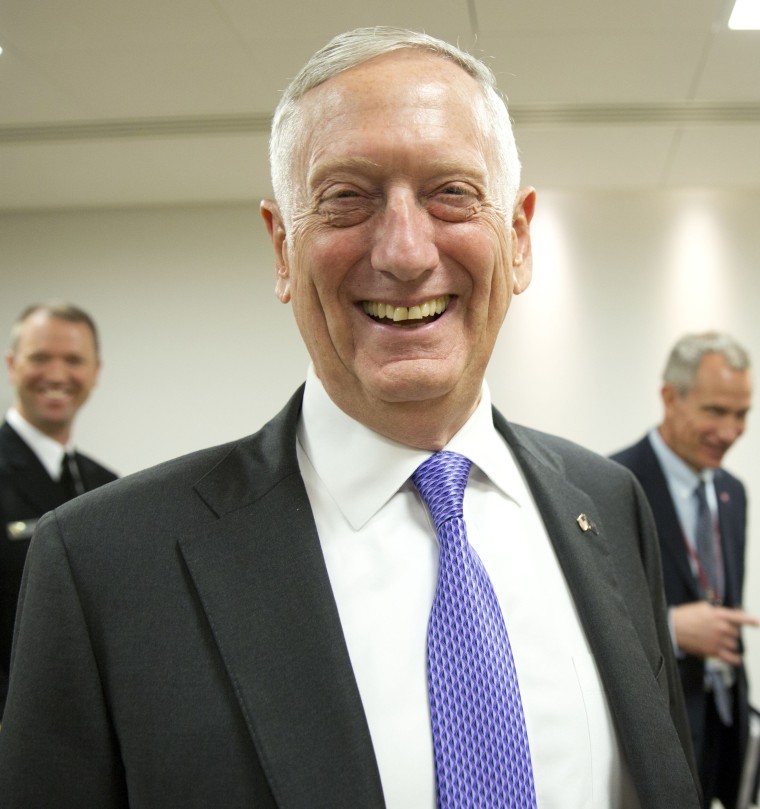BRUSSELS — Two years after winding down its military operation in Afghanistan, NATO has agreed to send more troops to the war-ravaged country to help train and work alongside the Afghan security forces.
The move comes in response to a request from NATO commanders to provide around 3,000 troops.
Speaking ahead of NATO defense ministers' meeting in Brussels Thursday, Secretary-General Jens Stoltenberg said that "15 nations have already pledged additional contributions" and that he expected more pledges later in the day.
Britain has said that it would contribute just under 100 troops in a non-combat role.
"We're in it for the long haul. It's a democracy. It's asked for our help and it's important that Europe responds," British Defense Secretary Michael Fallon told reporters. "Transnational terror groups operate in Afghanistan, are a threat to us in Western Europe."
European allies and Canada are waiting to hear what U.S. Defense Secretary Jim Mattis will offer, or indeed seek from them.
Stoltenberg said the increase does not mean the alliance will once again combat the Taliban and extremist groups there.
However he conceded "there are many problems, and many challenges and many difficulties, and still uncertainty and violence in Afghanistan.
"What we do is not to conduct combat operations but to help the Afghans fight, and to help the Afghans take full responsibility for the security in their own country," he said.
NATO particularly wants to train more Afghan special operations forces, which are key to countering Taliban insurgents and extremist groups undermining the central government in Kabul. The alliance also wants to help build up the country's fledgling air force and train pilots. Another aim is to improve officer leadership standards.

U.S. and allied forces have been fighting for nearly 16 years against Taliban Islamists who harbored al Qaeda militants behind the attacks on New York and Washington in September 2001.
For Mattis, the NATO trip will bring him one step closer to an expected mid-July finish line for his long-awaited Afghan war plan, which he hopes will break a stalemate in America's longest war and eventually bring it to a successful conclusion.
Speaking to reporters during his flight to Europe, he said he would brief allies about the U.S. assessment of the situation in Afghanistan and his efforts to fill in "any gaps left in the strategy".
He declined to say how many troops he expected from NATO allies.
Mattis said he aimed to return to Washington to "finish out some things" in consultation with the chairman of the Joint Chiefs of Staff, Marine General Joseph Dunford, who just returned from Afghanistan, and Secretary of State Rex Tillerson.
"And then we'll present to the president a strategy that's been informed by our allies, to include Afghanistan of course, and given a framework that is regional in nature and focuses on: how we end this war," he said.
